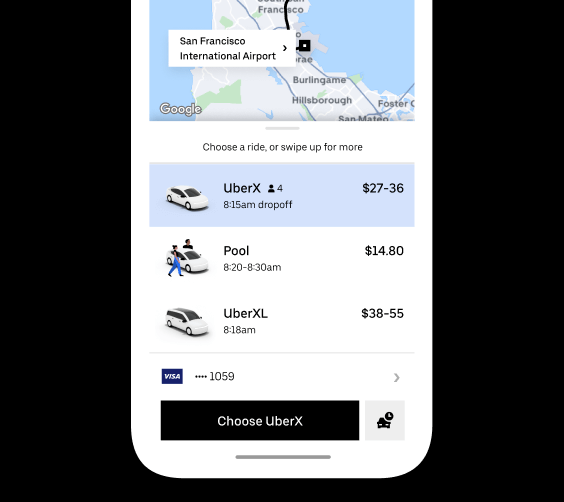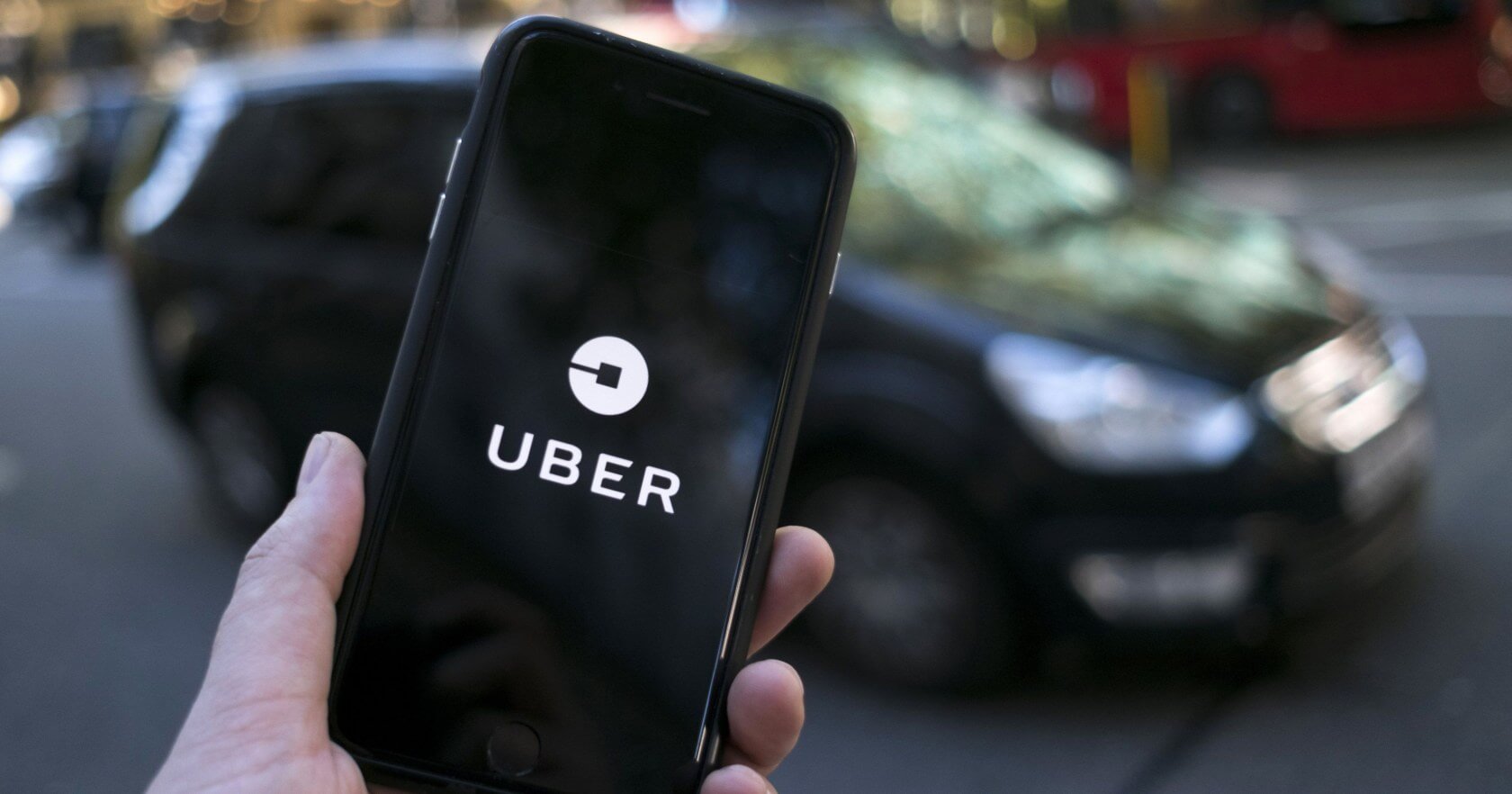In context: As rideshare companies like Uber and Lyft expand rapidly across the globe, regulators have been struggling to keep up. However, last year, California passed a law that would forcefully reclassify many gig workers as employees, and entitle them to the many benefits that come with that status (such as sick leave).
Uber is fighting back against the law, but while that fight continues, the company will be making a few changes to its California operations to better comply with regulators' wishes.
For starters, Uber will be completely changing its pricing model in the state. Consumers will no longer know exactly how much their ride will cost up front – instead, they'll be given an "estimated price range," which can vary quite a bit. The variation for an UberXL ride could be $38 to $55, whereas the range on an UberX ride might be $27 to $36. The true cost of a ride won't be calculated until it's finished, when Uber is able to determine the "actual time and distance traveled."
Another change Uber is making to its app is actually more of a feature – users will now be able to "Favorite" certain drivers after they give them a 5-star rating. Once the workers are favorited by a rider, they will be given priority over other drivers when that customer next requests a trip.

The final major change rolling out for Uber drivers and riders relates to Uber Rewards. Moving forward, California-based customers will not have access to benefits like price protection on a route or flexible cancellations. Uber hopes to replace these benefits with new ones in the future, but it might be a while.
Uber did not specify in its announcement exactly how these changes address Californian legislators' concerns. However, they do seem aimed at giving riders a more predictable, stable working environment at the cost of customer convenience – the former was the primary goal of California's new law, so perhaps politicians will be satisfied with these changes.
